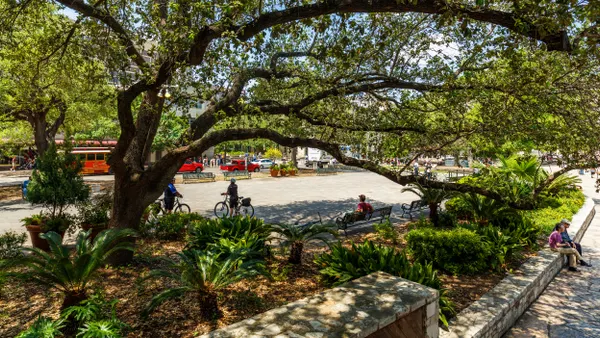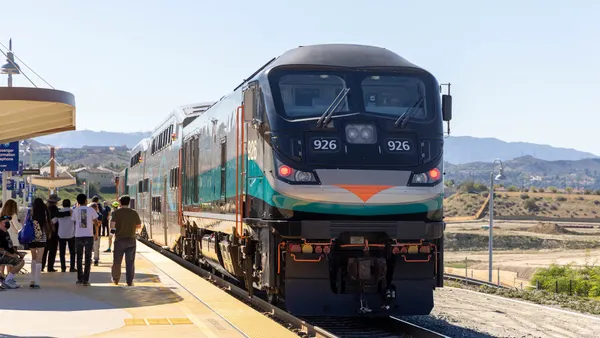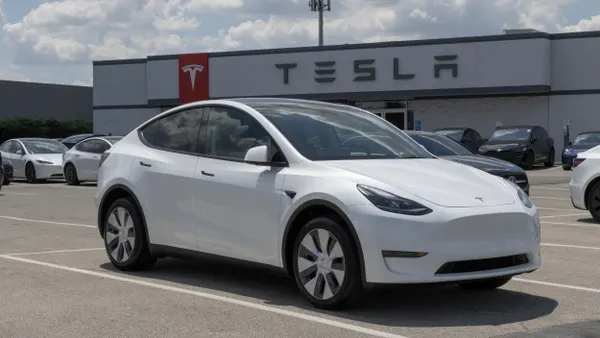Dive Brief:
-
Amazon announced last week that it is looking for a city to host its second North American headquarters, leading to plenty of speculation as to which would be a good fit for the expected $5 billion project.
-
But a precedent of continual change in the tech sector should have the cities themselves more cautious about long-term prospects for the project, Wired reported, citing past expansion plans by Cisco and Intel that were delayed or stopped entirely due to the companies' deflated financial prospects.
-
The internet retail giant hasn't said why it wants another headquarters in North America — which would impact its location choice — nor has it specified that it would build in the U.S.
Dive Insight:
Amazon has been a major player in Seattle, with an economic impact no less than $38 billion from 2010 to 2016. The company is expected to employ up to 50,000 workers at the new facility, meaning that this project, too, will have far-reaching local impacts.
The winning city will need to have a large airport, mass transit, plenty of available housing and the ability to offer state and local economic incentives, as is common with large headquarters projects, The Hill reported.
As Amazon’s growth in Seattle spurred the need for new buildings and infrastructure, it will likely do the same in the city selected for its new headquarters. That means the city will need plenty of space for the new project, citing up to 8 million square feet, and the construction industry there will need to be robust.
Toronto, Chicago, Minnesota’s Twin Cities, San Diego, Dallas-Fort Worth and Denver are among the cities looking to put in a bid, according to Business Insider. Smaller, industrial metros shouldn't be counted out. Baltimore, Columbus, Detroit and Pittsburgh have all expressed interest.
Before cities look to snag Amazon’s bid, and construction companies begin seeking out the work, they should look to the host of other recent headquarters projects across the U.S.
The Washington, DC, suburb of Bethesda, MD, is gearing up for a $600 million investment from Marriott in a new headquarters, which has been in that city for 60 years. In Boston, construction is underway on GE's new $200 million headquarters.
Chicago is seeing a wave of companies flock to the city. Caterpillar is moving up from Peoria, IL, to an existing location in the suburb of Deerfield, IL, while McDonald’s is breaking ground in the city's West Loop on its new $250 million headquarters. Kraft-Heinz and ConAgra have also moved headquarters offices to the Windy City in recent years.
These cities offer a ready and talented workforce, supported by plenty of higher education insitutions, as well as sufficient housing and relatively low living costs compared to the West Coast.












